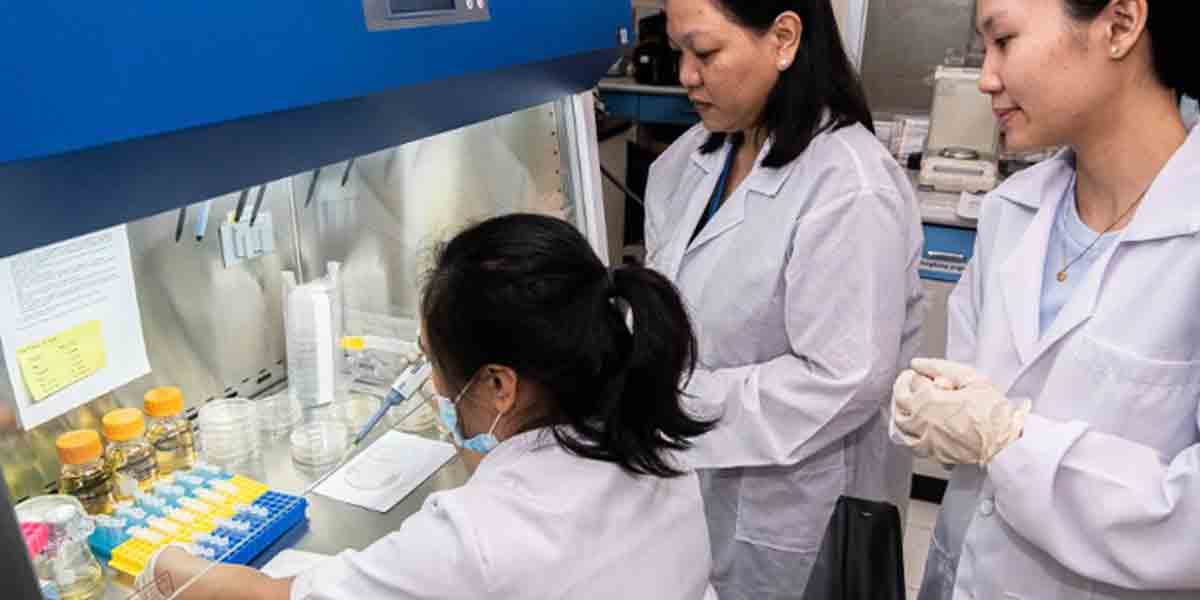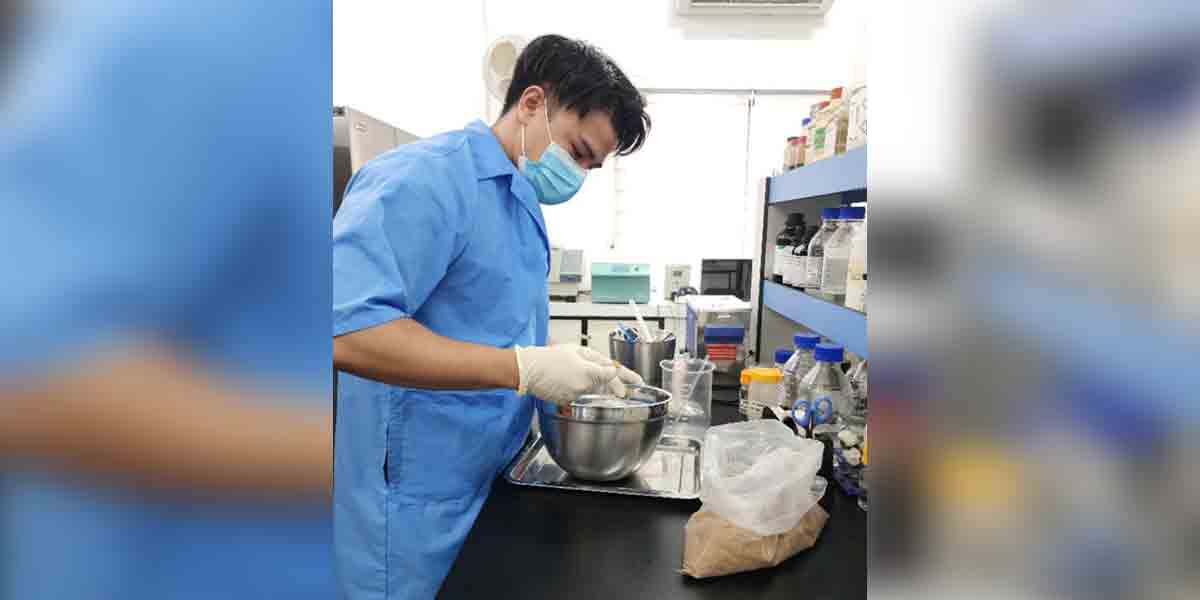
TUBURAN, Cebu – When Super Typhoon “Yolanda” devastated parts of the country in 2013, coconut farmers from this town struggled with lower productivity and income. They were left with damaged coconut farms, making it even harder to earn a living for their families.
This dire situation pushed the Lamac Multi-Purpose Cooperative (LMPC) to support its farmer-members by establishing a production center for diverse products made from coconuts, which provides farmers with higher income from selling all parts of their produce to LMPC at a competitive price, instead of relying solely on producing copra.
The Coconut Hub or ‘Cocohub’ facility, the first-of-its-kind in Cebu, commenced operations in 2020. Today, the center processes 15,000 seed nuts a day for the production of virgin coconut oil, coco sugar, coco baskets, ropes, mats, and anti-soil erosion nets, among others.
The Cocohub project benefits over 500 farmers from Tuburan and neighboring towns, while generating employment opportunities for women in the community who work full-time in the hub.
The operations of the Cocohub is backed by financial support from the Land Bank of the Philippines (LANDBANK)—a long-time development partner of the LMPC. Loans from the Bank are used as working capital for the purchase of furniture and fixtures, payment of raw materials to suppliers, and salary of the cooperative’s workers.
“Malaki ang naitutulong ng LANDBANK upang mapanatili ang operasyon ng Cocohub, lalo na at hindi ganon kabilis ang return of investment dito. Parang pamilya na namin ang LANDBANK dahil lahat ng pangangailangang pampinansiyal ng LMPC ay sila talaga ang tumutugon,” said LMPC General Manager Ma. Elena C. Limocon.
The Cocohub is a joint project with the Philippine Coconut Authority (PCA), which provides the LMPC infrastructure support and essential equipment, including a decorticating machine.
Other government agencies and local government units (LGUs) are likewise supporting the project to help sustain its operations. These include the Department of Science and Technology (DOST), Department of Trade and Industries (DTI), Bureau of Fisheries and Aquatic Resources (BFAR), and the Cebu Technological University (CTU), which provide information resources, product innovations, and relevant trainings to capacitate farmers as well as for marketing of the goods.
“LANDBANK is a proud partner of the LMPC Cocohub designed to uplift the lives of coconut farmers and communities in Cebu. This project is a shining example of how government partners working under a whole-of-nation approach can build a sustainable and inclusive agricultural value chain,” said LANDBANK President and CEO Cecilia C. Borromeo.
Development partner in the countryside
The LMPC has been a consistent development partner of LANDBANK in the Visayas region since 1992. It is mainly engaged in credit extension through its 56 branches, assisting more than 120,000 farmers and fishers from the provinces of Cebu, Bohol, Negros Occidental and Leyte for their livelihood and agricultural projects.
LANDBANK’s unwavering support to LMPC has also allowed the co-op to take on other meaningful projects and initiatives in support of various local communities.
The LMPC has participated in the Milk Feeding Program of the Department of Education (DepEd) that benefits thousands of undernourished students from Cebu and Negros Occidental. The co-op has an existing loan line from LANDBANK to augment its working capital for dairy production.
The LMPC is also instrumental in bringing basic banking services to underserved areas by equipping most of its branches with point-of-sale (POS) terminals under LANDBANK’s Agent Banking Program (ABP), to facilitate banking transactions for local residents, especially in remote communities.
LANDBANK is the second largest universal bank in the country that is committed to serve the development requirements of cooperatives, thereby empowering them to become catalysts for inclusive growth in the countryside.
As of end-October 2022, LANDBANK’s outstanding loans to the cooperative sector have reached P61.4 billion, helping over 1,300 co-ops nationwide.


















